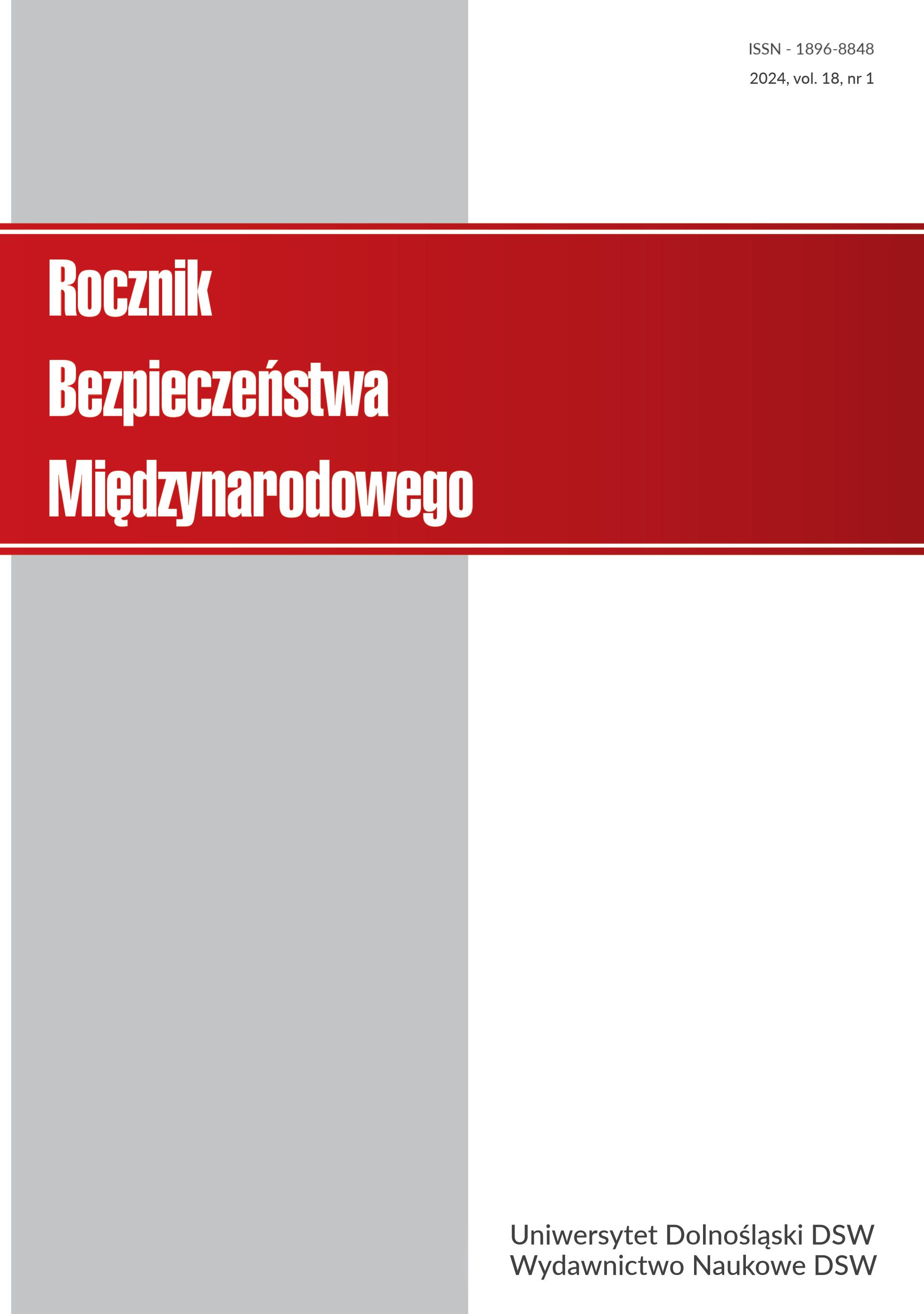Non-State Actors in Nation-State Cyber Operations
Non-State Actors in Nation-State Cyber Operations
Author(s): Agata MałeckaSubject(s): Politics, Supranational / Global Economy, Constitutional Law, Criminal Law, International Law, Law and Transitional Justice, Civil Society, Governance, Public Administration, Public Law, Government/Political systems, International relations/trade, Security and defense, Military policy, Welfare systems, Developing nations, Politics and law, Nationalism Studies, Penology, Inter-Ethnic Relations, Penal Policy, ICT Information and Communications Technologies, Globalization, Geopolitics, Politics and Identity, Corruption - Transparency - Anti-Corruption, Peace and Conflict Studies, Commercial Law
Published by: Wydawnictwo Naukowe Dolnośląskiej Szkoły Wyższej
Keywords: cyber operations; cybersecurity; APT;
Summary/Abstract: Since cyberspace has become another dimension of state competition, the number of nation-state cyber operations has increased significantly. In the recent past, they were associated with cyber espionage (political and industrial), and this is still in use. Many of them have taken the form of ransomware attacks, blocking access to data. Over a period of several years, there were numerous instances of cyber operations aimed at manipulating the interpretation of information. These operations utilized social media to influence election outcomes in democratic political systems by shaping voter behavior. One of the biggest problems in the analysis of nation-state cyber operations is attribution. Nevertheless, the actors conducting cyber operations are becoming better known. One of them is a category of Advanced Persistent Threat (APT). The main aim of the article is to identify the direction of the development of nation-state cyber operations, which is increasingly determined by non-state actors’ behavior. This requires highlighting the implications in terms of international law and the security strategies used by specific states – in both cases, in the process of ongoing creation. The main research problem was defined as the following question: How do states use APT to conduct cyber operations, and what are and could be the effects of the APT activities (an attempt to identify the characteristics of contemporary and future nation-state cyber operations based on an analysis of nation-state cyber operations in recent years)? In order to achieve the defined goal, the author primarily used qualitative methods: content analysis – in particular, institutional analysis and statistical data analysis.
Journal: Rocznik Bezpieczeństwa Międzynarodowego
- Issue Year: 18/2024
- Issue No: 1
- Page Range: 45-64
- Page Count: 20
- Language: English

